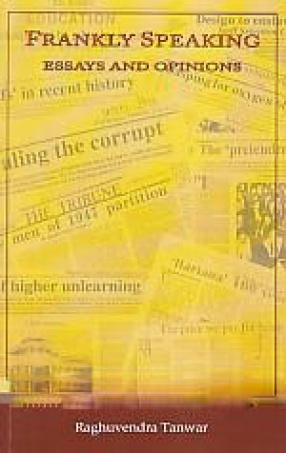
Hope India Publications

68 books
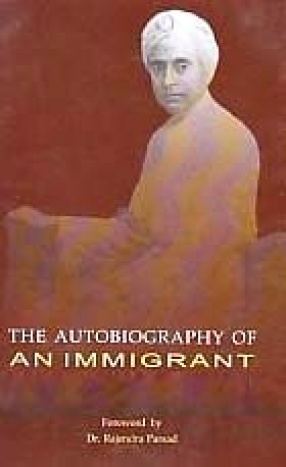
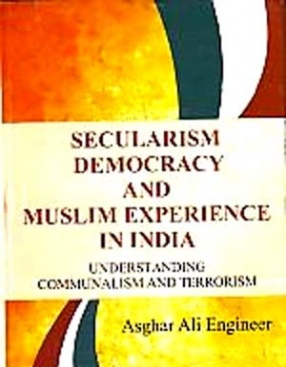
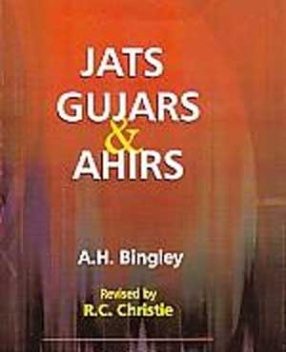
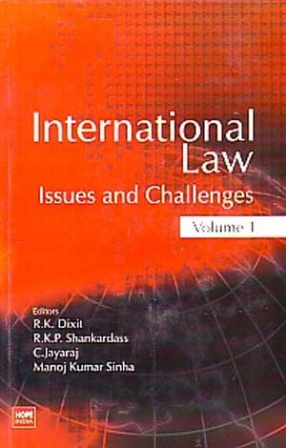
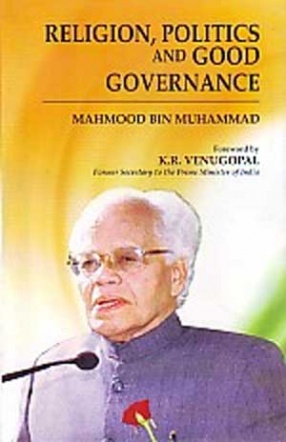
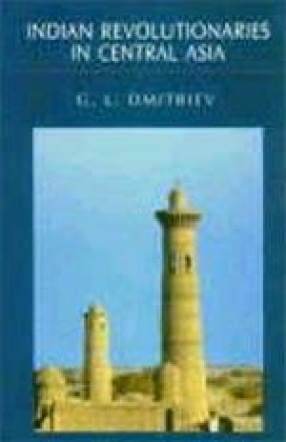
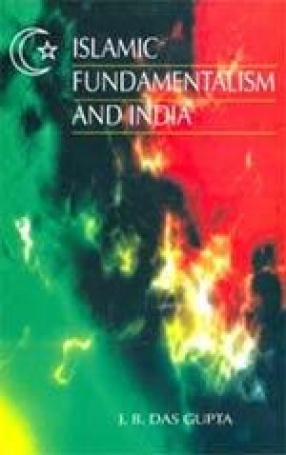
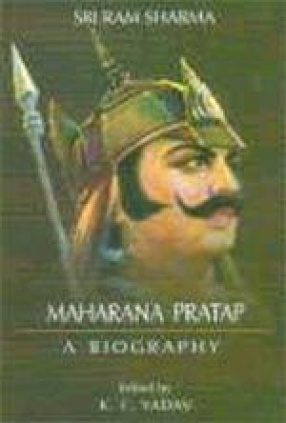
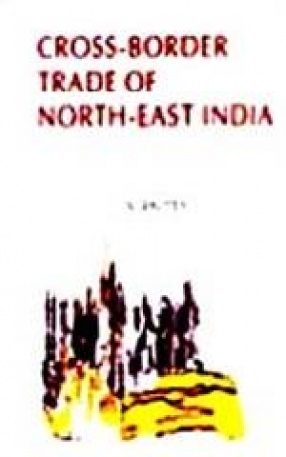
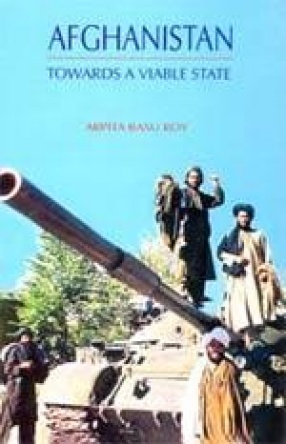
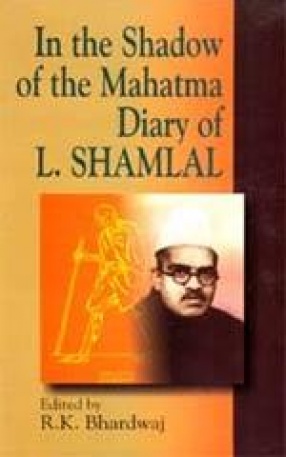
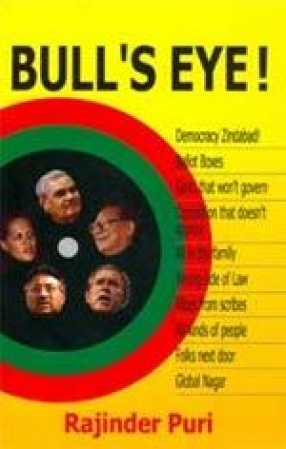
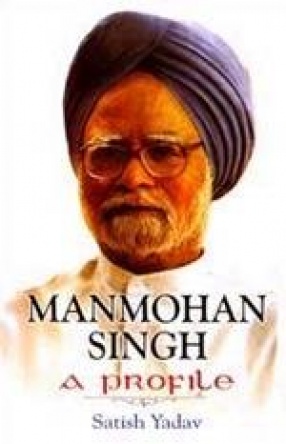


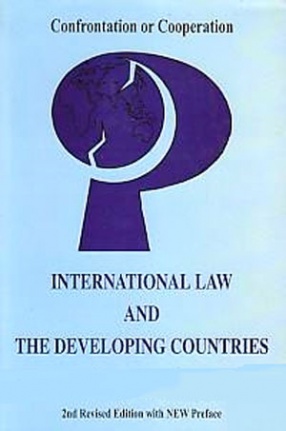
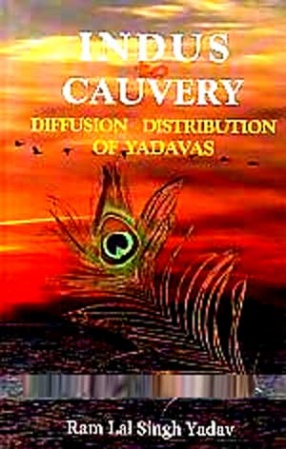
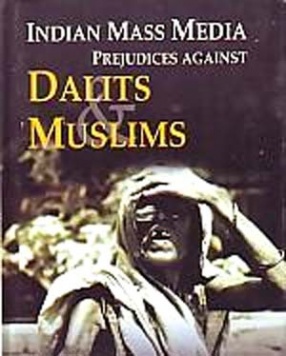

Section 1. Understanding religion and culture; Section 2. Muslims politics and education; Section 3. Minorities democracy -- Section 4. Tackling terroris; Section 5. Cummunalism: conflicts, consequences.

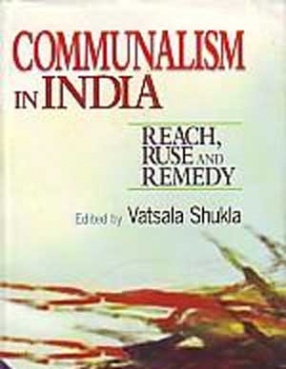

Proceedings of the Second International Law Conference, held at New Delhi during 14-17 November 2004.


India and Central Asia have an age-old history of economic, political and cultural interaction. Many distinguished natives of Central Asia are known to have lived in India in pursuit of different objectives. Indians, in turn, have also been a permanent element of the demographic scene in Central Asia since time immemorial. As the First World War drew to a close, centres of activities of Indian freedom fighters struggling for independence of their country in ...

This work focuses on Islamic Fundamentalism as it evolved in recent history and a noticeable variant of it which often resorts to violence, terrorism and insurgency for furtherance of its aim. It discusses several other relevant issues, and takes note of the question which is often posed whether like terrorism, fundamentalism will prove an interlude rather than an evolving feature of historical growth. The answer is not easy to proffer; the clash between ...

If Courage was the distinguishing badge of the Rajputs, Pratap had more than his share of it; if unflinching resolution and indomitable will ever made a hero of a man, Pratap was one. If ever a man fought against fearful odds and pulled through them, it was he. Men have shrunk back from the very thought of adversity; Rana Pratap, a prince among men, invited it. Comfort and luxury have been hugged by thousands of this world’s heroes, Pratap scorned them when ...
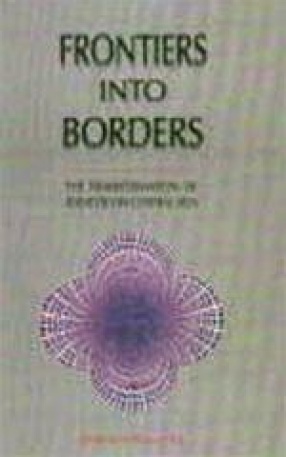
The emergence of states in the Central Asian region, in the course of the last century, entailed both a reconfiguration of political space and a reforging of collective identities within the borders of the states. As the fuzzy limits of frontiers were transformed to more rigidly determined borders, identities were transformed. In most cases, however, the extent of this transformation was limited by cultural and socio-economic factors that ultimately determined ...

Of late, there has been a sort of proliferation of writings on Bihar and Laloo Prasad Yadav. A perusal of this voluminous 'literature' shows, however, that done mostly by the ones for whom black is white and yes is no/and down is up and stop is go as far as Bihar and Laloo Prasad are concerned, it carries highly partial accounts and explanations of things. An assessment from the 'other side' thus becomes imperative to comprehend the truth in its totality. ...

This study, as its title indicates, deals with cross-border trade of North-East India. For the sake of convenience, clarity and depth, it has been divided into four parts: (i) General, (ii) Retrospect, (iii) Prospect, and (iv) Resume and Recommendations. The first part consists of three papers which, as the title of the part shows, are of general nature. They introduce the subject and suggest the ways and means to tackle it properly for good results. The 12 ...

The tragedy of the Afghan situation lies in the fact that both external as well as internal forces have hampered its progress towards a viable state. The peculiarities of the Afghan society and the natural dichotomy between the state and society have impeded the process of modernization and centralization. The three regimes of Amir. Abdur Rehman Khan (1880-1901), Amir Amanullah (1921-29) and the communists (1978-92) which tried to reform Afghanistan considerably ...
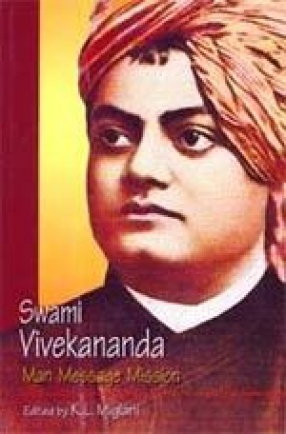
This is a remarkable book on one of the most remarkable ascetics of India, Swami Vivekananda. Eminent foreigners, have discussed here every aspect of Swamiji's life, mission and message that he gave to the humanity for its welfare and well being. The book, it is hoped, will be a precious addition to the literature on the life, work and philosophy of Swami Vivekananda.

This book, as its title indicates, is, in fact, a tribute of a disciple (Lala Shamlal) to his master (Mahatma Gandhi). The latter asked him to (i) improve himself, (ii) work for the country's freedom, and (iii) serve the poor-his daridranarayana. The disciple promised to do the three things and records at hands show that he spared no pains or efforts to translate these things into working realities. The present diary is one of those 'records' mentioned above.

Bull's Eye! Is a collection of columns that appeared in Outlook weekly during the last five years. The articles are condensed, blunt, pungent and controversial. The writer has illustrated them with drawings that get under the skin of the subjects and make them easily comprehensible. Covering a wide spectrum of current affairs, both domestic and international, the views expressed in the write-ups have evoked strong acclaim or criticism; they have rarely left ...

Not much is found in print on Dr. Manmohan Singh, the 14th Prime Minister of India. And regrettably, some ‘quikies’ which have come in the market soon after he was sworn-in on 22 May 2004 are to say the least of no use for any understanding of the Prime Minister. The present book is, however, a little different. Though is does not, and cannot, claim to be a definitive biography of the Prime Minister, for it is too early for such a thing to come, it is, in ...
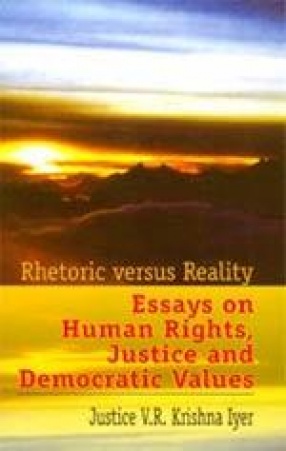
Rhetoric versus Reality, a volume in the series New Agenda for Humanity, is in fact a case for making a world where there is respect for the human entitlement to justice, equality, dignity and liberty. The presenter is India’s tallest of the tall legal luminaries, Justice V.R. Krishna Iyer, former Judge of the Supreme Court of India and a great voice on the matters discussed here. For the sake of convenience, the study has been divided into two parts, covering ...
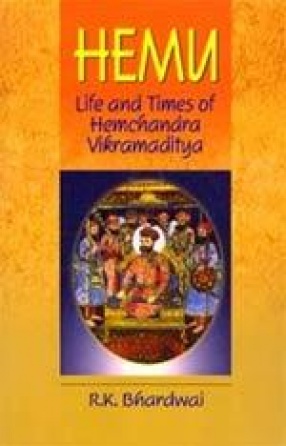
Hemchandra, popularly known by his short name Hemu in History, is undoubtedly one of the most colourful and in testing personalities in the medieval Indian history. He was a great general in whose dictionary that word Defeat did not find a place. He was a great administrator, ruler and an enlightened and secular person. It is an irony that a person like him does not find adequate space in our historical discourse. The present book supplies this desideratum. ...
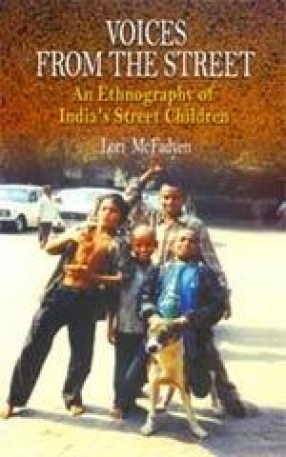
Past studies about India's street children have been positioned within a universal construct of childhood, whereby children are perceived to be vulnerable and innocent, and have focused on shared similarities rather than cultural differences or distinguishing attributes. They way in which culture, societal values, family circumstances, lived experiences, and individual contexts affect the choices street children make is often overlooked. The present study does ...
